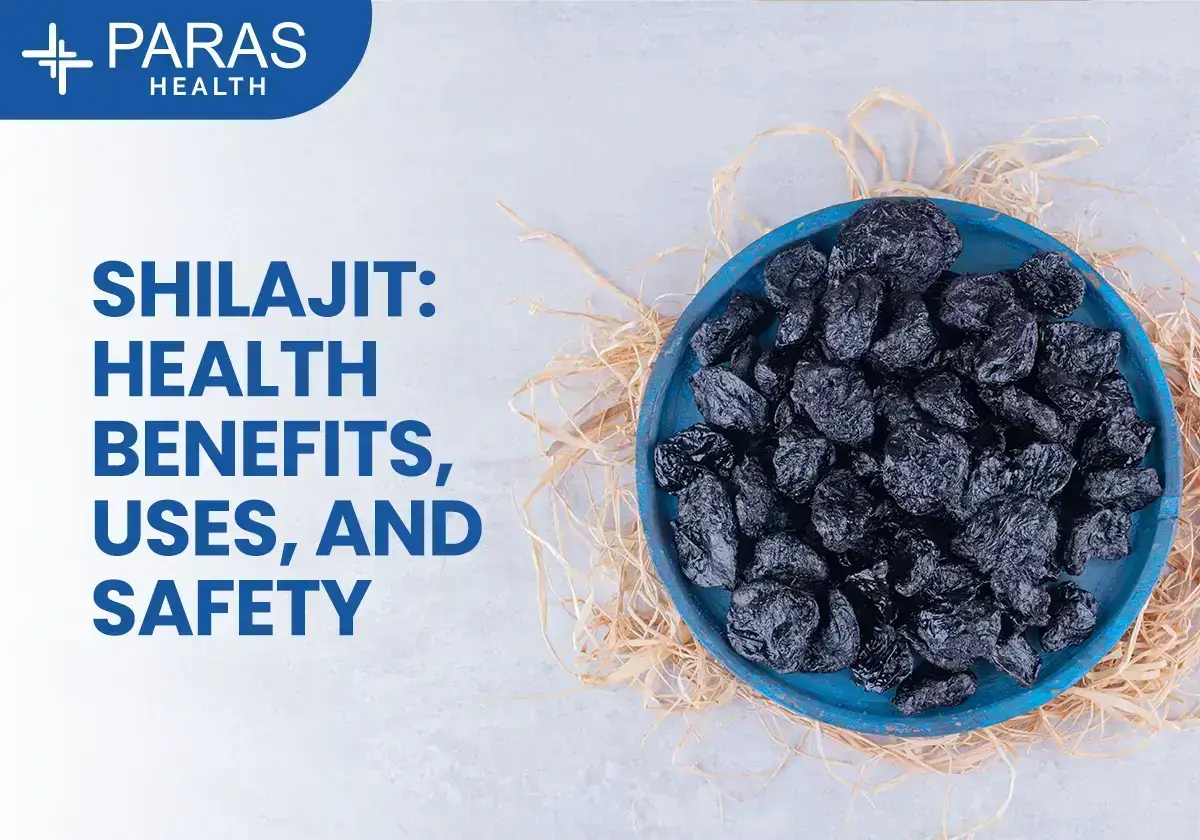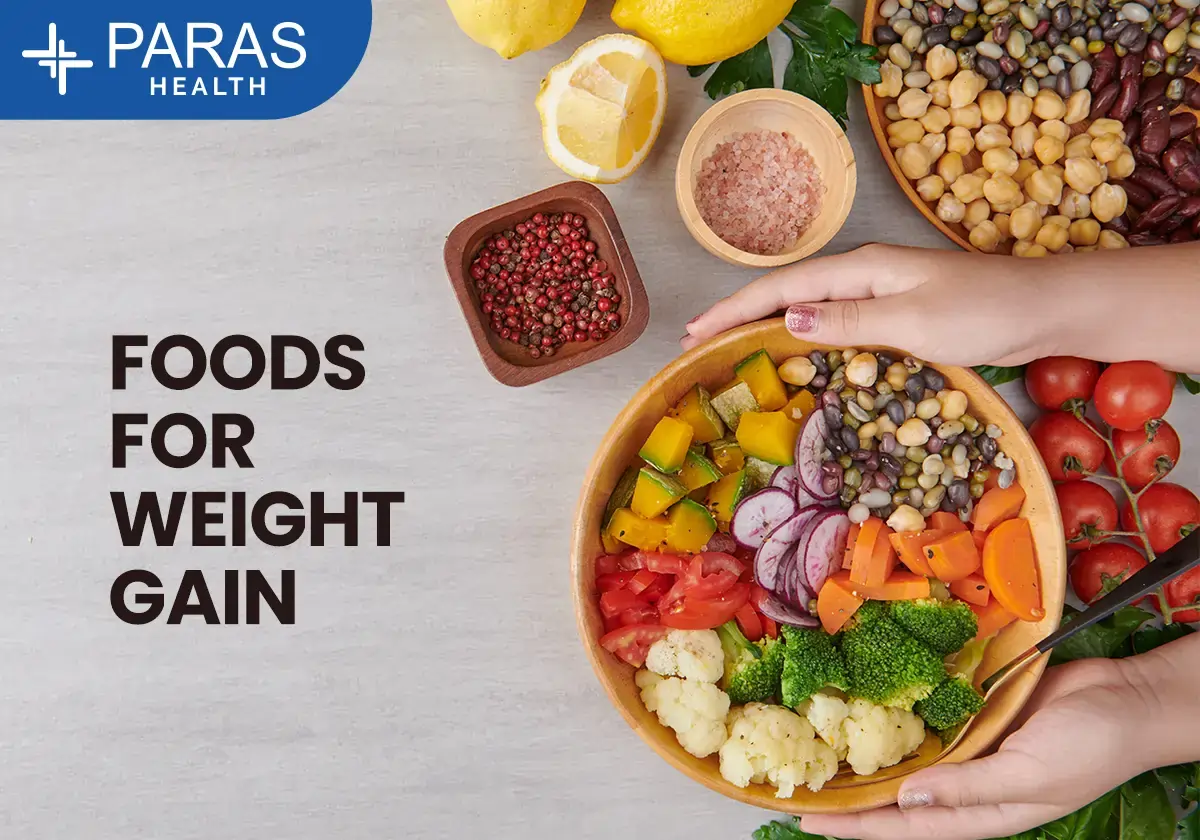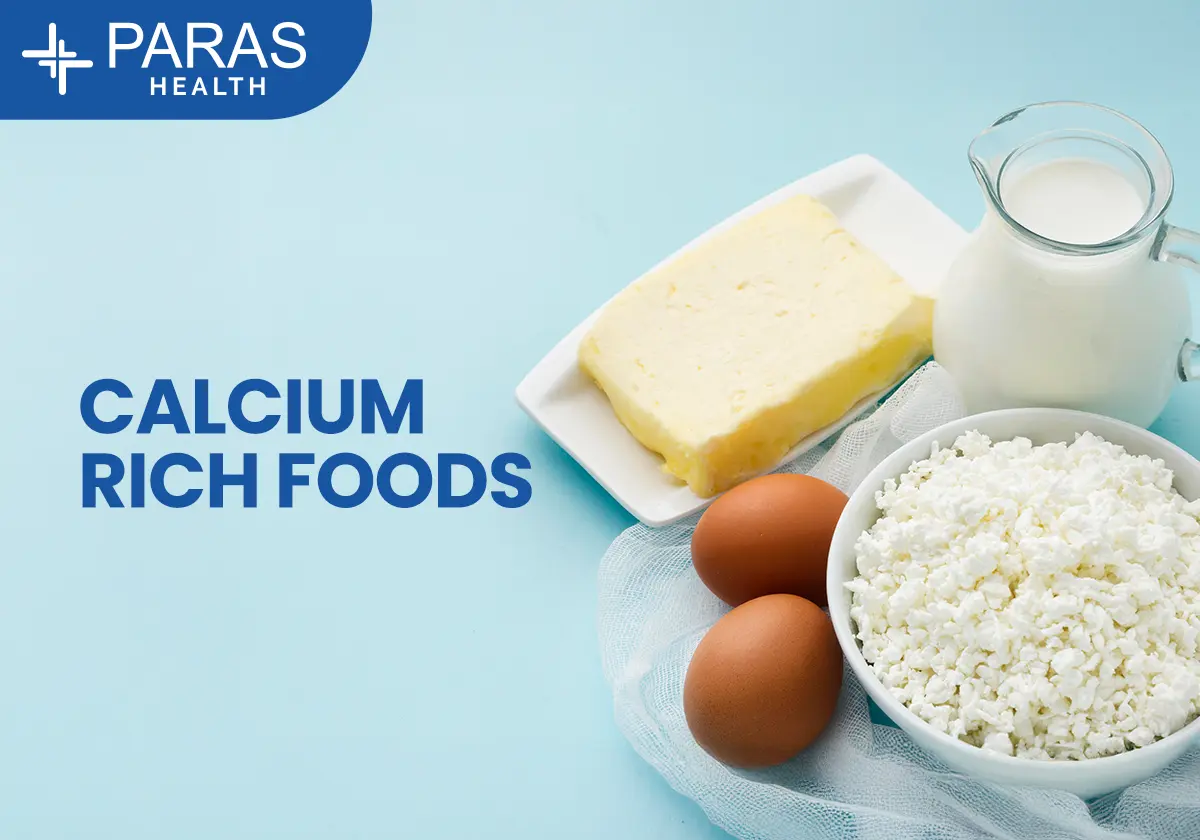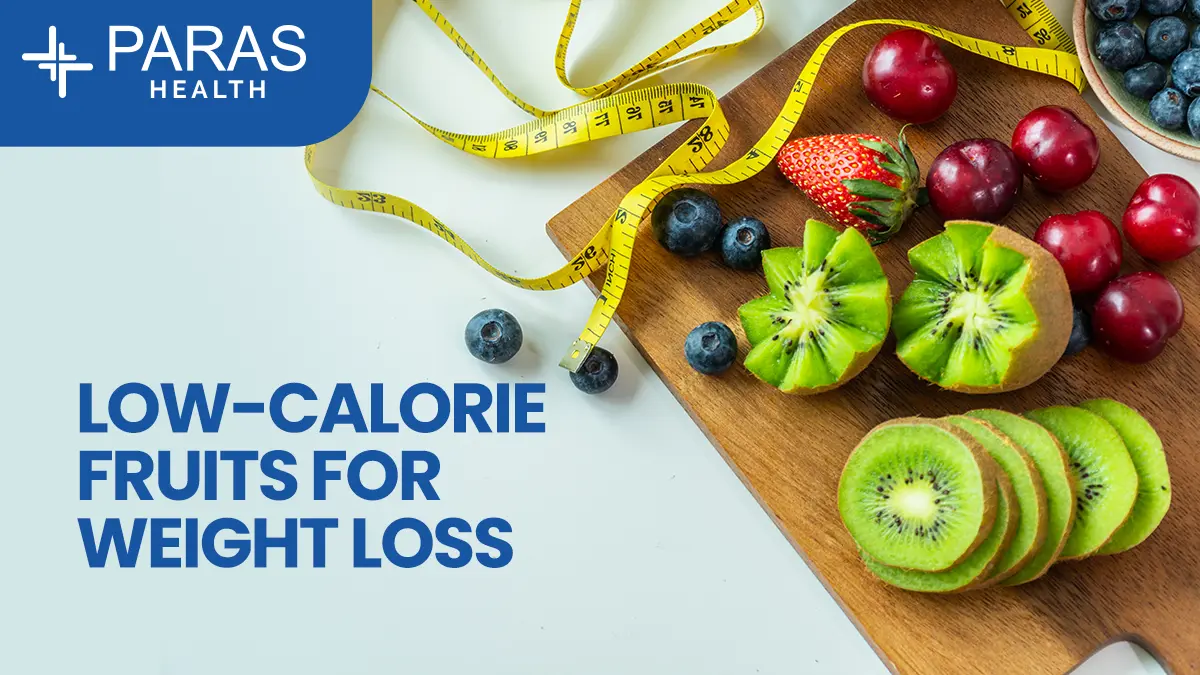Junk Food List in India: What You Should Know Before Your Next Bite
Jul 04, 2025
We all love to grab a quick bite — a crunchy samosa, a sizzling burger, or that late-night instant noodle bowl. But have you ever wondered what actually counts as junk food and how it affects your health?
Let’s explore India’s most popular junk foods, the types, their health effects, why they lead to weight gain, and the healthier alternatives that can satisfy your cravings without harming your body.
What Is Junk Food?
In simple terms, junk food means food that’s high in calories (from sugar, fat, and salt) but low in essential nutrients like fiber, protein, vitamins, and minerals.
They are also known as HFSS foods – High in Fat, Salt, and Sugar – or ultra-processed foods because they are often made with refined ingredients, artificial colors, preservatives, and flavor enhancers.
In short, junk food gives you a quick burst of taste and energy — but little nutrition in return.
Popular keywords: junk food meaning, what is junk food, HFSS food, ultra processed food, unhealthy snacks, empty calories, processed food list.
Popular Junk Food List in India
India’s love affair with food is unmatched — and so is our growing list of popular junk foods. From deep-fried street delights to international fast-food chains, the variety is endless.
Here’s a look at the most common junk food items consumed across India:
1. Fried Snacks and Street Foods
- Samosa, pakora, kachori, vada pav, pani puri, aloo tikki, chaat, bread pakoda
- Found on every corner, these are fried in reused oil, often high in trans fats and sodium.
2. Packaged Namkeens and Chips
- Potato chips, bhujia, sev, mixtures, Kurkure, and other flavored snacks.
- Loaded with salt, preservatives, and artificial flavoring.
3. Fast Food Favorites
- Burgers, pizzas, fried chicken, sandwiches, noodles, and wraps from popular chains.
- High in calories, processed cheese, and refined flour (maida).
4. Sugary Desserts and Sweets
- Ice creams, pastries, doughnuts, milkshakes, chocolates, gulab jamun, jalebi, and halwa.
- High in sugar and saturated fat — a double blow to your metabolism.
5. Sweetened Beverages
- Soft drinks (colas, sodas), energy drinks, flavored milk, sweetened fruit juices, mocktails.
- A single bottle of cola can have up to 10 teaspoons of sugar.
6. Instant and Packaged Foods
- Instant noodles, ready-to-eat meals, frozen parathas, flavored oats, cup noodles.
- Quick and tasty, but often high in sodium and additives.
7. Bakery Products
- Biscuits, cookies, puffs, buns, muffins, and sweet breads.
- Made with refined flour, hydrogenated oils, and sugar.
Types of Junk Food in India
We can broadly classify junk foods based on what they offer (or rather, what they lack):
|
Type |
Examples |
Why It’s Unhealthy |
|
Fried Foods |
Samosa, fries, pakora |
High trans fat, cholesterol |
|
Sugary Foods |
Cakes, sweets, colas |
High sugar, no fiber |
|
Processed Snacks |
Chips, namkeen |
Loaded with salt & additives |
|
Fast Food Meals |
Burgers, pizza, noodles |
Excess calories, refined flour |
|
Beverages |
Soft drinks, shakes |
Empty calories, sugar rush |
|
Instant Foods |
Noodles, soups |
High sodium, preservatives |
Health Problems Caused by Junk Food
Eating junk food occasionally is fine. But when it becomes a habit, it can cause serious health issues:
- Obesity and Weight Gain – Excess calories and fats lead to fat storage.
- Type 2 Diabetes – Regular sugar intake affects insulin sensitivity.
- Heart Disease & High Cholesterol – Trans fats raise LDL (“bad”) cholesterol.
- High Blood Pressure – Sodium and salt increase hypertension risk.
- Liver Issues (Fatty Liver) – Junk food overload stresses the liver.
- Acid Reflux & Digestive Problems – Fried and spicy foods can irritate your stomach.
- Dental Cavities – Sugary items damage teeth enamel.
- Poor Concentration & Fatigue – Lack of nutrients affects brain function.
- Depression & Mood Swings – Ultra-processed foods can alter brain chemistry.
- Hormonal Imbalance in Teens – Linked with early puberty and PCOS symptoms.
Fact:
According to the National Institute of Nutrition (ICMR-NIN) and WHO India, nearly 38% of Indian adults consume fried snacks regularly, while only 28% consume healthy foods like fruits or salads daily.
Sources:
- ICMR-NIN Dietary Guidelines for Indians (2023)
- World Health Organization (WHO – India) HFSS Report 2024
- Down to Earth Report on Junk Food Consumption (2023)
Junk Food and Weight Gain
Ever wondered why junk food adds inches to your waistline so easily?
- Calorie Dense: Small portions = huge calories.
- Low Fiber & Protein: You feel hungry soon after eating.
- High Sugar & Fat: Sugar spikes lead to insulin resistance.
- Mindless Snacking: Junk food triggers dopamine (pleasure hormone), making you overeat.
Example:
One plate of French fries (200 g) = 600+ calories.
You’d need to jog 6 km to burn that off!
Healthy Alternatives to Junk Food
The good news? You can enjoy delicious food without guilt. Here are some healthy alternatives to junk food that are easy, affordable, and satisfying:
|
Junk Food |
Healthy Swap |
|
Potato Chips |
Roasted chickpeas, air-popped popcorn |
|
Samosa/Pakora |
Baked samosas, steamed momos, grilled cutlets |
|
Soft Drinks |
Lemon water, coconut water, unsweetened iced tea |
|
Pizza |
Whole wheat base, veggies, less cheese |
|
Ice Cream |
Frozen yoghurt, fruit smoothies, banana “nice-cream” |
|
Instant Noodles |
Vegetable poha, oats upma, millet khichdi |
|
Biscuits |
Whole-grain crackers, fox nuts (makhana), fruit slices |
Tip: Replace deep-fried items with air-fryer or oven-baked versions to cut fat by up to 70%.
Should You Avoid Junk Food Completely?
Here’s the reality: You don’t need to swear off junk food forever — but you do need to control how often and how much you eat it.
-
Occasional Treats: Once in a while is okay — not daily.
-
Portion Control: Share with a friend or order a smaller size.
-
Mindful Eating: Eat slowly and enjoy it — don’t multitask.
-
Balance It Out: Compensate with fruits, vegetables, and water later in the day.
According to Nutrition Foundation of India (NFI) and FSSAI, moderation is the key — no food is bad, but frequent overconsumption of junk food leads to imbalance.
Key Facts & Figures
|
Fact |
Source |
|
38% of Indians consume fried snacks regularly |
Down To Earth (CSE) |
|
Fast food sales in India grew by 39% (2023-2024) |
Statista / Economic Times Food Report 2024 |
|
Teen obesity rate in India has tripled in 10 years |
ICMR-NIN 2023 |
|
WHO recommends limiting “free sugar” intake to <10% of daily calories |
Food Safety and Standards Authority of India (FSSAI) |
|
FSSAI’s “Eat Right India” movement promotes replacing junk with nutritious foods |
Frozen yoghurt, fruit smoothies, banana “nice-cream” |
What Health Organizations Say
-
FSSAI (India) – Encourages labeling and restrictions on high-fat, sugar, salt foods in schools.
-
WHO (World Health Organization) – Advises countries to regulate HFSS marketing to children.
-
ICMR-NIN – Recommends balanced diets with more fruits, vegetables, and whole grains.
-
National Institute of Nutrition (Hyderabad) – Published detailed Dietary Guidelines for Indians 2023 recommending limits on processed foods.
-
AIIMS Public Health Foundation – Emphasizes obesity prevention through junk food awareness in schools.
Key Takeaways
-
Junk food = high calories + low nutrients.
-
India’s most popular junk foods include fried snacks, sweets, fast food, and sugary drinks.
-
Overeating junk food can cause obesity, diabetes, and heart problems.
-
Healthy swaps like baked snacks, fruits, and air-popped options can make a big difference.
-
Moderation is the key — enjoy occasionally, but make healthy eating your daily habit.
Frequently Asked Questions
What is considered junk food in India?
Any food that is high in calories from sugar, fat, or salt but low in nutrients — like chips, samosas, colas, burgers, and sweets — is considered junk food.
What are the most popular junk foods in India?
Samosa, pakora, pizza, burgers, instant noodles, chips, soft drinks, and sweets like jalebi and gulab jamun top the list.
Is street food in India junk food?
Not all street food is junk, but fried or processed ones like vada pav, chaat, and pakoras can be unhealthy when eaten regularly.
How does junk food cause obesity?
Junk food adds excess calories, sugar, and fat to your diet, causing weight gain over time due to low satiety and overeating.
What are the side effects of eating junk food daily?
It can cause obesity, diabetes, heart disease, high blood pressure, liver issues, and even mood disorders.
Can children eat junk food sometimes?
Occasionally is fine, but daily consumption can harm growth, concentration, and immunity in children.
What are healthier Indian snack options?
Try roasted makhana, fruits, boiled corn, vegetable sandwiches, homemade poha, or chana salad.
How can I stop craving junk food?
Drink water, eat fiber-rich foods, get enough sleep, and don’t skip meals — hunger and dehydration trigger cravings.
Is pizza junk food if made at home?
If made with whole wheat base, vegetables, and less cheese, homemade pizza can be healthier than fast-food versions.
What is the best way to control junk food intake?
Follow the 80-20 rule: eat healthy 80% of the time, and allow small indulgences 20% of the time.
References & Trusted Sources










